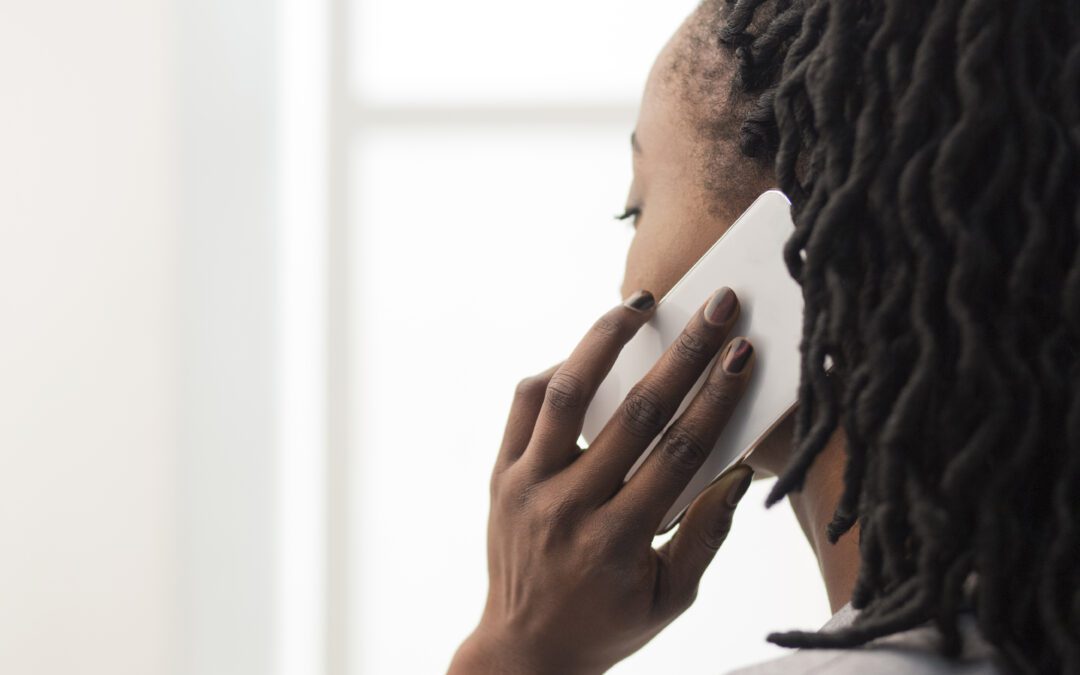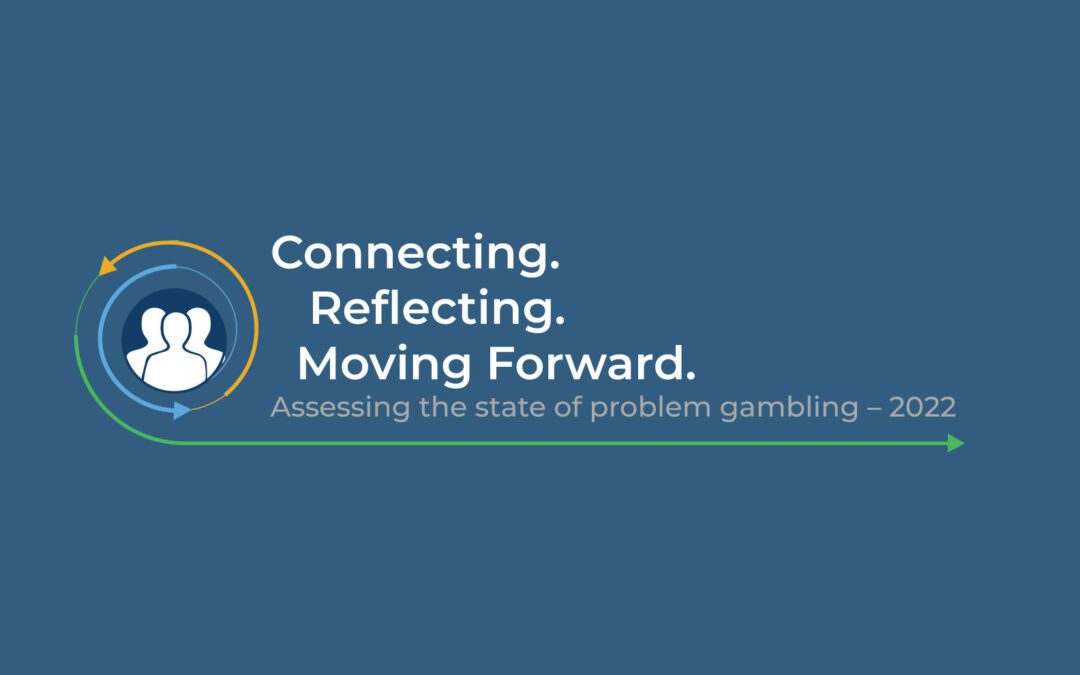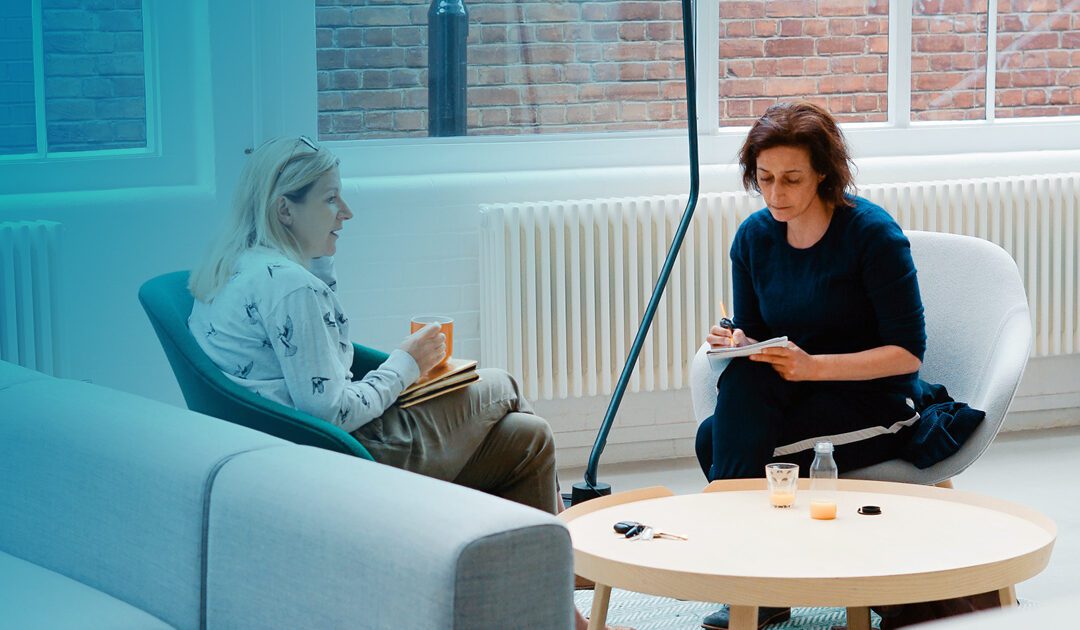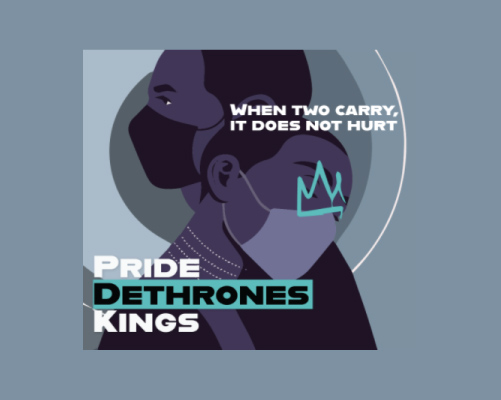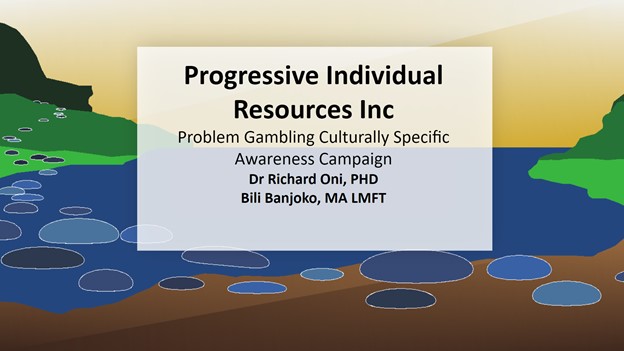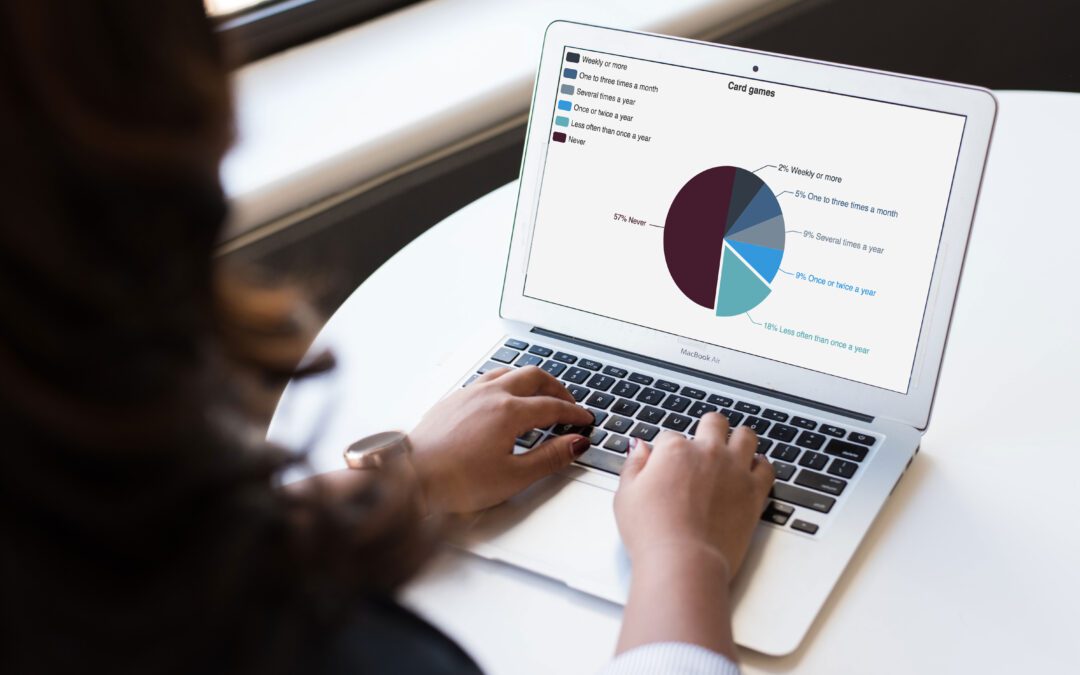
Aug 10, 2022 | PROBLEM GAMBLING, RESOURCES
The National Council on Problem Gambling (NCPG) has entered into a six-year license agreement with the Council on Compulsive Gambling of New Jersey, Inc. (CCGNJ) for the use of their 1-800-GAMBLER® federally registered service mark in all U.S. states outside of New Jersey, as well as all U.S. territories and the District of Columbia.
This builds on NCPG’s multi-year National Problem Gambling Helpline Modernization Project. The project, supported by a grant from the National Football League Foundation in 2021, will improve call center technology, data collection and reporting, as well as upgrade criteria and offer standardized training and certification for call centers across the National Problem Gambling Helpline Network.
“The Modernization Project will allow us to make significant improvements to the operations, technology and infrastructure of the network to keep up with the ever-growing need for problem gambling resources,” said Keith Whyte, executive director of NCPG.
So what does this mean for Minnesota’s helpline? Once a helpline is well established, it’s important to keep the helpline number. “One never wants to be in a situation when someone in need calls a helpline number and finds it’s been disconnected,” says Susan Sheridan Tucker, MNAPG executive director.
While the Minnesota Department of Human Services will ultimately make the decision, MNAPG will recommend continued use of 1-800-333-HOPE in all in-state publications, brochures, etc. However, when the day comes that sports betting is approved, MNAPG will advise that the 1-800-GAMBLER number be used, especially with regard to intrastate games and advertising. The use of one number will also help in the production of ads that often have to include several state helpline numbers when the ad audience is multi-state. Use of 1-800-GAMBLER would enable anyone from anywhere to call one number and be directed to their specific state helpline (if the state has its own vendor, like Minnesota).
The one aspect that will add another step is if someone purchased their cell number in one state and is currently calling from another state, their call will be directed to the state covering the originating area code. This is true for every helpline in the nation except for 911. Federal legislation must be passed in order for this technological change to happen. Until then, NCPG will work to improve its warm transfers when this situation arises.

Aug 10, 2022 | PROBLEM GAMBLING, PROFESSIONALS, RESOURCES
The gambling landscape continues to shift quickly, as new types of gambling and gaming activities proliferate. Those working in prevention, treatment and research need to understand and be responsive to these changes.
This year’s conference, which will be offered in person and online, will cover a variety of topics with two presentation tracks, one geared toward treatment professionals and another for a more general audience. The full conference will be recorded, so whether you join us in person or online, you won’t miss any of our content. CEUs will be offered.
Who Should Attend?
The conference is appropriate for many people, including:
- Gambling, alcohol and drug addiction counselors and therapists
- Other health care and social service workers
- Law enforcement officers
- School and church leaders
- Lawyers and financial professionals
- People in recovery and their families
- Policymakers
- Gaming operators and regulators
- Behavioral health researchers
- CEU credits are available from various professional boards.
Programs and Speakers
While conference details are still falling into place as of this writing, here are some of the programs and speakers that will be part of the conference:
- “Problem Gambling and Alexithymia: Implications for Interviewing, Screening, and Intervention,” presented by Jerrod Brown, Ph.D., Pathways of St. Paul.
- “Gambling Disorders in a New Era of Gambling,” presented by Jody Bechtold, LCSW, ICGC-II, BACC, CGT, CEO of The Better Institute.
- “How Can We Move Forward with Cultural Humility/DEI Absent a Strategic Plan? What’s Your Navigation System?” presented by Deborah Haskins, Ph.D., LCPC, board-approved supervisor, MAC, ICGC-II, CCGSO, BACC, CGT, President, Maryland Council on Problem Gambling.
- “Sports Betting Integrity and Today’s Student Athlete,” presented by Dan Trolaro, MS, Vice President of Prevention, Epic Risk Management.
- “Emergence of Problem Gambling from Childhood to Emerging Adulthood: A Systematic Review,” presented by Dr. Serena King, L.P., Professor and Chair, Psychology of Hamline University.
- What:
MNAPG annual conference
- When:
November 15
- Where:
Heritage Center of Brooklyn Center and virtually
- Cost:
Free
- Registration Deadline:
October 25 (for in person)
November 10 (for Zoom)
- For More Information: www.mnapg.org/conference

Mar 16, 2022 | HELP, PROBLEM GAMBLING, PROFESSIONALS, RECOVERY, RESOURCES
As seen on The Phoenix Spirit. Read the original article Here.
By Bill Stein
There is great power in learning from someone who has “been there before.” People with similar lived experience may be able to listen and provide hope and guidance in a way that is uniquely received.
So-called “mental health peer support” has existed for decades. Since the 1990s, the concept of “consumers as providers” has become a larger component in mental health service settings.
Perhaps there is no more powerful example of the power of peer support than when a recovering compulsive gambler shares their story with someone still in the throes of addiction. Indeed, programs such as Gamblers Anonymous are built largely on the idea that others with similar challenges can lead the way to recovery.
Peer support specialists are people who have been successful in the recovery process and can help others experiencing similar situations. Peer support specialists have a proven place as a key component of integrated care for recovery.
What is a Peer Support Specialist?
A peer support specialist is someone with lived experience who is able to share that perspective with another person who has not yet achieved recovery from addiction. They provide a link between clinical services and “outside” supports and can help someone navigate the behavioral health system and find appropriate community resources. A peer provides an example of empowerment and success and can be a trusted role model. It’s often easier for a person seeking to begin recovery to talk with a peer support specialist than it is to talk to a counselor or attend a Gamblers Anonymous meeting. Peer support specialists can also foster trust in a healthcare system that has often disenfranchised many of those whom it serves.
The value of lived experience is helpful throughout the time a peer support specialist spends with a client but can be particularly helpful when the gambler is vulnerable to relapsing. Some peers are available 24/7 so that a gambler in distress can reach them at any time.
Benefits of Gambling Peer Recovery Support
Recovery from any addiction is a long process. Most people need support at various points throughout the difficult journey. While everyone’s struggle to achieve recovery is different, what each person has in common is the need to receive support in one form or another. Although the faces of addiction are many, all persons on the road to recovery need the support of others, who need to be familiar with what it means to be an addict.
There are four key elements to the support provided by the peer support specialists:
- Emotional support. The peer support specialist provides emotional support by encouraging the individual through empathy, concern or caring, and helping to strengthen confidence and self-esteem.
- Information source. The peer support specialist shares their knowledge about resources available to guide individuals to success, including access to treatment, which is often available at no cost.
- At a practical level, a peer support specialist can help people complete tasks necessary for successful recovery, such as helping with transportation and housing.
- A peer support specialist helps individuals gain a sense of belonging and being with others.
Peer support specialists may get involved in a range of activities, including:
- Being a voice in individual, family, and group counseling.
- Providing support to family members of problem gamblers.
- Helping someone through financial counseling.
- Being available by phone (including after hours).
- Giving presentations, teaching, and providing training.
- Being the voice of recovery providing input into program planning.
- Serving as a connection to the “recovery community.”
- Providing support in negotiations with the criminal justice system.
Many who work in recovery are in recovery themselves
Many people believe that individuals without shared experience cannot help those with addictions or fully understand what they’ve gone through. Studies provide considerable support for this contention. A review of existing studies found that the percentage of substance use disorder treatment providers who were in recovery was 33-50 percent. Those in recovery who are involved in client care have an ability to introduce their clients and patients to 12-step and other self-help supports in ways that those not in recovery are unable to do.
Provider Benefits
Peer support specialists that work within a treatment delivery system can provide an important benefit to providers. They can offer assistance with resources for those identified with a gambling problem and/or their family members.
Trained Professionals
While specifics vary by state, there is a formal process for becoming certified as a peer support specialist. In Minnesota, peer specialists must have 30 hours of continuing education every two years in areas of mental health recovery, mental health rehabilitative services and peer support.
The Need for Gambling Peer Support Specialists in Minnesota
Unfortunately, peer support specialists are not currently approved as part of gambling treatment programs in Minnesota. However, a number of other states, including Maryland and Connecticut, recognize them as vital parts of treatment and recovery. In each of these state programs, gambling peer support specialists engage with an individual as soon as they call the state gambling helpline. While not everyone seeking help may be ready to sit down with a counselor, they may be receptive to having a conversation, or a series of conversations, with a trained peer before seeking formal counseling. In fact, each of these states have seen an increase in those seeking treatment since the inclusion of the peer support specialist, crediting the importance of those early conversations.
In Connecticut and Maryland, the gambling peer support specialist is an integral component to an individual’s recovery treatment plan, working in conjunction with the counselor as added support. Peer support specialists are also available post-treatment, maintaining connections as the person in their early recovery begins to negotiate their new way of being.
The Minnesota Alliance on Problem Gambling is working with the Minnesota Department of Human Services to bring peer support professionals into the treatment mix given their clear value in helping those with gambling addiction in their recovery journeys.

Feb 23, 2022 | ADVOCACY, PROBLEM GAMBLING, RESOURCES
In the third of a series profiling organizations receiving grants from Minnesota’s Department of Human Services (DHS), this issue of Northern Light features Progressive Individual Resources, Inc.
Progressive Individual Resources, Inc. (PIR) is a multi-cultural provider agency that specializes in working with new African immigrant refugee children and their families to promote healthy social adjustment.
PIR’s DHS grant is for creating culture-specific gambling prevention programs. It’s focusing outreach on communities from the Sub-Saharan African region, including 46 countries with representation in Minnesota.
PIR is working to sustain a collaborative partnership with five leading African organizations, develop an engagement strategy consistent with the needs of the African community, and create a culturally relevant outreach and education strategy.
Some of the ways that PIR is seeking to achieve these goals includes:
- Extending outreach to new and established African communities
- Utilizing a culturally specific, community-based model and tailored approaches
- Engaging in culturally relevant community conversations about problem gambling and its effects
Dr. Richard Oni, Ph.D., PIR behavioral health consultant, and Bili Banjoko, M.A., LMFT, PIR psychotherapist, are performing the work. They have started by identifying communities in need, coordinating with their existing meeting schedules and making sure they connect with community spiritual leaders.
Not surprisingly, they have confronted some challenges and barriers as they seek to raise awareness about problem gambling and survey the communities to learn more about their gambling activities and attitudes. “We find that there are a variety of barriers, such as shame and trust, that keep people from speaking openly,” says Bili. “We’re also finding that people still don’t know that this is all confidential. We need to make sure community clinicians know this is confidential and that the community trusts us.”
“People are confused about the cost and whether it’s covered by insurance,” adds Dr. Oni. “Of course grants ensure that the service is free of charge even without insurance.”
“The more people hear about this, the more we think we can make an impact,” says Dr. Oni. “People continue to learn and we share new approaches with them, not just therapy. For example, if gambling issues are presented as part of cultural healing, they may be more apt to actively participate in it.”
PIR is using different communication modalities to spread the word as well as partnering with other organizations to develop messaging across different mediums. “We’ve learned to use language familiar to each community because language matters,” says Dr. Oni. “We try to express things in local dialect, which can help with participation.” There’s also the strategic use of proverbs that resonate to motivate and encourage community members. (See accompany graphics for examples.)
“You have to have awareness before you can start managing illness,” says Bili. “We’re happy now to provide both outreach and treatment.”
It takes time, but progress is being made. Dr. Oni says, “There is an African proverb that says, ‘If you want to go fast, go alone. If you want to go far, go together.’ Together we can provide resources to those who need it most and serve this community as effectively as possible.”

Feb 9, 2022 | RESOURCES

Nov 28, 2021 | HELP, PROBLEM GAMBLING, RESOURCES
New Feedback Tool for All Minnesotans
Minnesotans now have the ability to see how their gambling behavior compares with other residents of the North Star State. MNAPG now provides a survey that will provide both feedback and useful information.
The survey, produced in partnership with Evolution Health, provides information on a respondent’s gambling habits and attitudes in comparison with other Minnesotans. Survey takers are asked to provide their first names, basic demographic information and answers to questions about their level of engagement with gambling.
As answers are provided, a pie chart graph pops up so that the viewer can see how other Minnesotans participate in that particular form of gambling. The respondent will also receive a personalized report identifying where they fall in the problem gambling spectrum as well as tips and resources. The report is private and is not held by Evolution Health or MNAPG. Aggregate data will be collected and will not be identifiable by name, IP address or any other identifying method. Our hope is that as an individual is considering whether they are experiencing negative consequences relating to gambling that this will be the start of further personal awareness and opportunities to seek helpful resources. The survey can be found at HERE.
